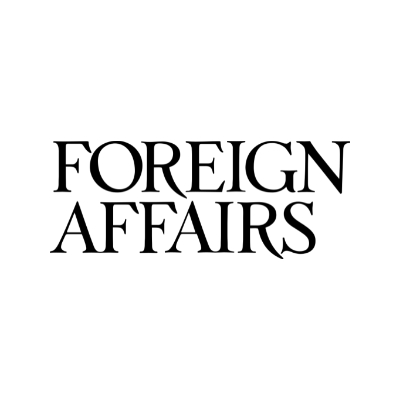 Foreign Affairs Article Rating
Foreign Affairs Article RatingThe New Way to Fight Climate Change
- Bias Rating
- Reliability
N/AN/A
- Policy Leaning
-50% Medium Left
- Politician Portrayal
-31% Negative
Continue For Free
Create your free account to see the in-depth bias analytics and more.
By creating an account, you agree to our Terms and Privacy Policy, and subscribe to email updates.
Bias Score Analysis
The A.I. bias rating includes policy and politician portrayal leanings based on the author’s tone found in the article using machine learning. Bias scores are on a scale of -100% to 100% with higher negative scores being more liberal and higher positive scores being more conservative, and 0% being neutral.
Sentiments
N/A
- Liberal
- Conservative
| Sentence | Sentiment | Bias |
|---|---|---|
Unlock this feature by upgrading to the Pro plan. | ||
Reliability Score Analysis
Policy Leaning Analysis
Politician Portrayal Analysis
Bias Meter
Extremely
Liberal
Very
Liberal
Moderately
Liberal
Somewhat Liberal
Center
Somewhat Conservative
Moderately
Conservative
Very
Conservative
Extremely
Conservative
-100%
Liberal
100%
Conservative

Contributing sentiments towards policy:
64% : Early on, governments in California and Japan poured money into diverse technological options for solar power.63% : By following this logic, India and many other countries are now also leaping forward and deploying solar power on a massive scale.
63% : Last year around the edges of COP26, France, Germany, the United Kingdom, the United States, and the European Union agreed to provide South Africa a multi-billion dollar package of loans and grants so that it could quickly move coal out of its energy system.
58% : For example, the United States and the European Union have created a partnership to advance clean steel and other metals, making it clear to their leading firms that successful innovation in metals will be rewarded in multiple markets.
55% : To prevent another Great Depression, for example, they created new financial institutions, such as the International Monetary Fund and the General Agreement on Tariffs and Trade -- the precursor to the World Trade Organization.
54% : Deep cuts in emissions, for example, won't spread around the planet unless the world's four great geopolitical poles -- the United States, China, the European Union, and India -- all find a way to engage.
50% : The war in Ukraine has prompted some countries, such as Germany, to temporarily shift back, but the future of coal is clear.
50% : Eliminating coal, of course, could economically ravage some local communities.
49% : That's why the best programs -- the effort to cut coal in South Africa, for example, or the new green energy loans and grants from the European Bank for Reconstruction and Development -- include not just funding for coal alternatives but also programs to help the communities hit hard by the shift.
48% : Over the last two years, multiple governments, international organizations, nongovernmental organizations, and private-sector advocates have been working together to help countries build new clean power plants and move away from coal.
46% : This shift in strategy is evident, for example, in how solar power has emerged from a fringe technology to one of the least expensive ways to generate electricity.
45% : Perhaps the most important target for aggressive regulation is coal.
45% : But perhaps the most important target for aggressive regulation is coal.
43% : The use of coal is in decline elsewhere in the world, as well.
*Our bias meter rating uses data science including sentiment analysis, machine learning and our proprietary algorithm for determining biases in news articles. Bias scores are on a scale of -100% to 100% with higher negative scores being more liberal and higher positive scores being more conservative, and 0% being neutral. The rating is an independent analysis and is not affiliated nor sponsored by the news source or any other organization.






















